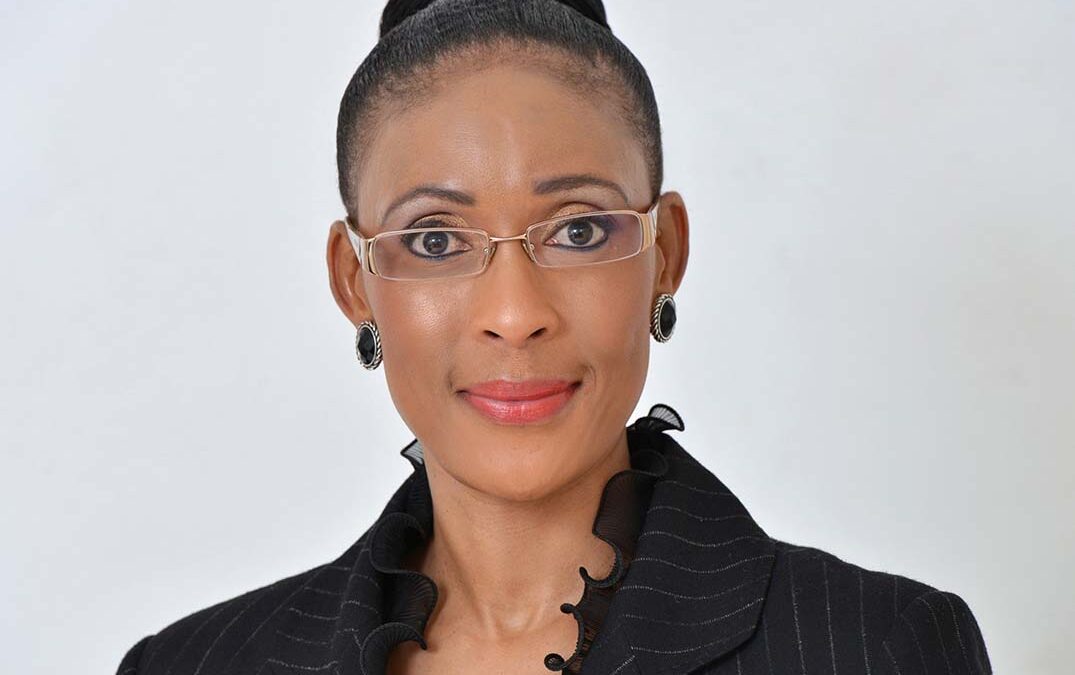Kathy Gibson reports from Gitex Africa Morocco – Some people are calling the era we are living in now the Fifth Industrial Revolution, others the Age of AI.
But there can be no argument that the way people live, learn and work is changing fundamentally, with artificial intelligence (AI) ushering in a new way of doing things.
Lillian Barnard, president of Microsoft Africa, believes AI has the potential to make a positive impact on our economies.
“At the same time, we want to ensure that we use the tech to empower people and to unleash their creativity, innovation and productivity.”
AI is at an inflexion point today, but it is certainly not new, Barnard points out – around 75 years ago Alan Turing first introduced the Turing Test to determine whether a computer could have human-like linguistic ability.
But it’s only in the last 18 months that generative AI (GenAI) has allowed us to train large language models (LLMs) in natural language, so just about anyone can interact with the technology.
Around the world, organisations and employees are using the latest technology advances to help them improve their businesses, and become more competitive.
“More exciting is the potential for Africa to solve some of our most pressing challenges,” Barnard says.
Microsoft recently curated a white paper on AI and the African opportunity, outlining how the technology is being used in real-life situations.
For example, Zipline operates in five African countries, using AI to efficiently deliver urgent medical supplies to rural clinics via drone services.
ForestGuard is helping to combat deforestation using equipment with sound sensors.
In Kenya, an AI-based system developed in co-operation with the Red Cross and National Disaster Centre gives a view of flood damage. And this same technology was adapted to help out during the recent earthquake in Marrakech.
“There is no doubt that technology is changing the world, and advancing very fast,” Barnard says. “And now leaders in both government and business are trying to figure out what they need to do to ensure they lead in the AI era.
“They are questioning what the impact of AI will be, and the consequences.”
For Africa these issues are particularly relevant, along with a more pressing question: how can we ensure that Africa is not left behind?
For AI to benefit us, we need to ensure it works alongside humans and amplifies human ingenuity, Barnard says.
Organisations are ready to put it to the test. A recent study shows 75% of employees are comfortable using AI for analysis; and employers are ready to give employees these technologies to amplify their work.
Microsoft has built its Copilot AI assistant into all of its applications, and also gives customers access to OpenAI services to build their own apps and experiences. “In fact, Azure OpenAI is the fastest-growing Azure service,” Barnard points out.
African innovators must have access to technology, and the must continuously accelerate it, she adds.
To do this, critical infrastructure must be deployed on the continent.
Microsoft already runs two data centres in Africa – in Johannesburg and Cape Town – and last week announced its intention to build a data centre in Kenya, in partnership with G42. The company is also building an East Africa innovation lab and will continue to invest in connectivity.
“From a skilling point of view, we have been training young people and women across the continent for years, and aim to skill a further 30-million people over the next five years.”
Barnard adds that, for AI to flourish in Africa, it’s important that we have an honest conversation about governance and risk. “We need to use existing governance frameworks, and governments across the continent need to share what they are doing. The AU is convening a task force to put a comprehensive continental AI strategy in place, and we need to share the work we are all doing to inform that strategy.”
However, it’s important that the sector not be over-regulated, she adds.
“There is a lot the continent can do to liberate the power and impact of AI. This is a transformative technology and we have the opportunity to use it to create an equitable and empowered Africa.
“The future belongs to those that innovate, and who are ready to take the leap.”

